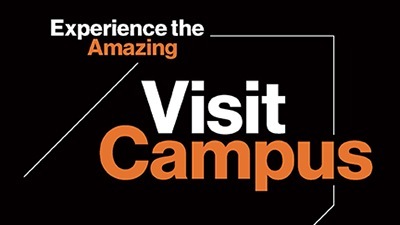
Sarah Cannon
Lecturer, ASL and Interpreting Education
Department of ASL and Interpreting Education
National Technical Institute for the Deaf
Sarah Cannon
Lecturer, ASL and Interpreting Education
Department of ASL and Interpreting Education
National Technical Institute for the Deaf
Currently Teaching
INTP-215
Processing Skills Development
3 Credits
The act of interpretation is a complex cognitive challenge. Isolating and mastering specific subtasks of the interpreting process is critical for the synthesis of these subskills in the process of translation and interpretation. This course is an introduction to the cognitive processing skills necessary for translation, consecutive interpretation, and simultaneous interpretation. The course includes an overview of theoretical models of translation and interpretation, the development of basic processing subskills that provide a foundation for translation and interpretation, and practice activities for the integration of these tasks in an 8-step discourse analysis process for translation and consecutive interpreting. Course content includes interpreting and translation theory, message analysis, visualization, shadowing, paraphrasing, dual task training, and text analysis.
INTP-335
Interpreting II: English to ASL
3 Credits
Students will develop the ability to produce an equivalent simultaneous ASL message from an English source message. This course integrates inquiry and expository texts in both dialogic and monologic formats. Specific discipline areas include interpreting in healthcare, employment, and finance settings. Within those discipline areas, students will have the opportunity to interpret in authentic environments with both Deaf and hearing consumers. Students will continue to develop text analysis skills, applying them to translating and simultaneous interpreting. Students are exposed to self-employment business practices within the interpreting field. Biomechanics and self-care issues will continue to be discussed.
INTP-350
Practicum and Seminar I
3 Credits
This course combines an introductory practicum experience in the field of ASL-English interpretation with a seminar component to allow senior-level students to engage in reflective practice as they transition into the interpreting profession. Students will undertake field experiences that provide them with firsthand knowledge and familiarity with current topics that impact professional sign language interpreters and the Deaf community. Practicum will also give students the opportunity to gain firsthand experience under the immediate supervision of a professional interpreter, who functions as each student’s mentor. The practicum experience will involve activities such as observing a mentor and other interpreters at work; interpreting under the supervision of a mentor; and weekly meetings with a mentor to discuss the practicum experience and to receive professional feedback. Building upon students’ practicum experiences, students will use the constructs of Demand Control Schema to guide their seminar discussions. Students will meet together weekly with their classmates to share observations and experiences gained from the practicum placement. Seminar topics derived from students' field experience will focus on language issues in interpretation, ethical decision making, application of the Code of Professional Conduct, making interpretation choices, and implementing successful business practices as a professional interpreter. Students must complete a minimum of 100 hours of field experience and related activities.
INTP-435
Interpreting III: English to ASL
3 Credits
In this course, students will advance their skills in simultaneously producing equivalent ASL messages from English source texts. Monologic expository texts on specific topic areas will be the focus of this course. A significant portion of the interpretation work in this course will take place utilizing speakers and audience members in authentic environments. Students will learn to manage the physical setting (logistics) and to select and use appropriate technology when applicable. Students will continue to develop their English and ASL vocabulary and interpreting analysis skills; in addition, they will develop team interpreting skills and increase stamina.




